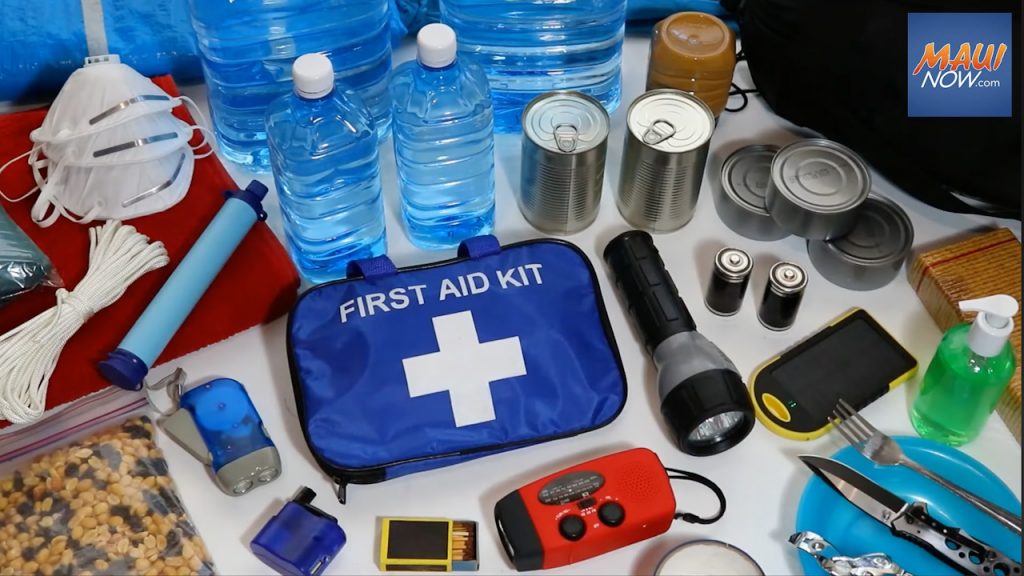Maui homes For Sale
- Haiku Homes For Sale
- Haliimaile Homes For Sale
- Hana Homes For Sale
- Honokowai Homes For Sale
- Kaanapali Homes For Sale
- Kahakuloa Homes For Sale
- Kahana Homes For Sale
- Kahului Homes For Sale
- Kanaio Homes For Sale
- Kapalua Homes For Sale
- Kaupo Homes For Sale
- Keanae Homes For Sale
- Keokea Homes For Sale
- Kihei Homes For Sale
- Kipahulu Homes For Sale
- Kuau Homes For Sale
- Kula Homes For Sale
- Lahaina Homes For Sale
- Lanai Homes For Sale
- Launiupoko Homes For Sale
- Makena Homes For Sale
- Maalaea Homes For Sale
- Makawao Homes For Sale
- Maui Meadows Homes For Sale
- Molokai Homes For Sale
- Nahiku Homes For Sale
- Napili Homes For Sale
- Olinda Homes For Sale
- Olowalu Homes For Sale
- Paia Homes For Sale
- Pukalani Homes For Sale
- Spreckelsville Homes For Sale
- Ulupalakua Homes For Sale
- Wailea Homes For Sale
- Waihee Homes For Sale
- Wailuku Homes For Sale
7 Key Emergency Preparedness Tips
Is Your Business Ready for a Natural Disaster?

With the tsunami warning issued this past Tuesday, it's a sobering reminder that natural disasters—whether it's a tsunami, hurricane, or tropical storm—can strike at any time. For local businesses in Hawaiʻi, the risks are real and potentially devastating.
"A tsunami or other natural disaster such as a hurricane can not only jeopardize the safety of employees, but also potentially close businesses for weeks, if not permanently," reports ALTRES, Hawaiʻi’s largest human resources outsourcing and staffing firm.
While hurricane season officially runs from June through November, disasters don’t always follow the calendar. “It may seem overwhelming at first, but it is imperative for businesses to plan ahead to minimize impacts and maintain operational continuity to ensure long-term success,” said John Fielding, Director of Risk Management at ALTRES.
Here are 7 critical tips to help your business prepare:
1. Assess Your Risks and Create a Plan
Begin with a vulnerability assessment. Are you located in a flood zone? Will employees have access to your workplace in an emergency? Could your business operate remotely or from a temporary location?
Develop a detailed emergency action plan that addresses these vulnerabilities. Include evacuation routes, chain of command, and a business continuity plan.
2. Review Your Insurance Coverage
Insurance policies often cover specific types of damage, but gaps can exist. Ensure your policy covers:
- Tsunami and hurricane damage
- Flooding
- Fire from power surges
- Business interruption losses
Speak with your insurance provider to clarify what's covered—and what isn’t.
3. Establish a Reliable Communications Plan
Emergencies can cause panic and confusion. Keep a printed and digital list of employee, client, and vendor contact information, and update it biannually.
Make sure employees know who to contact, how to receive updates, and what the procedures are for closures or evacuations.
4. Protect Your Employees First
Your team’s safety should always be your top priority. Ensure that:
- Employees are familiar with emergency procedures
- There’s enough time for safe evacuation
- Emergency checklists are distributed and updated
Consider offering training or workshops on hurricane and tsunami preparedness.
5. Review Your Personnel Policies
If your business needs to close temporarily, be clear on how that impacts employees:
- Will they be paid for missed time?
- Will they need to use vacation or sick leave?
- Are layoffs a possibility?
Cross-train employees now so critical functions can continue with fewer team members if needed.
6. Secure Data and Equipment
To protect your technology and minimize downtime:
- Store external hard drives and backups in a weatherproof location
- Use cloud backups (but be aware of connectivity issues post-disaster)
- Elevate equipment above potential flood zones
- Install UPS and battery backups
- Implement fire suppression systems for server rooms (not just sprinklers)
Label and document your tech to streamline setup after a move or shutdown.
7. Identify Backup Vendors
If your local suppliers are also affected, can your business keep operating? Build relationships with out-of-state or secondary vendors now—before you need them. Secure quotes or agreements in advance to avoid scrambling in a crisis.
Final Thoughts:
Preparedness isn’t just about avoiding loss—it's about recovery, continuity, and resilience. Take time now to review your emergency procedures, update your plans, and ensure your business and employees are protected.
A little planning today can make all the difference tomorrow.
For more resources on emergency preparedness and business continuity planning, contact ALTRES or speak with your HR representative.
Source: https://mauinow.com/2025/07/30/tips-for-emergency-...
